Are you addicted to sugar?
Sugar – it’s everywhere and it’s tempting. Whether you’re indulging in a sweet dessert or sipping on a sugary drink, the satisfying taste of sugar is hard to resist. But have you ever thought that you might be addicted to sugar? More importantly, what could this addiction mean for your dental health?
Understanding Sugar Addiction
Before we dive into its impact on teeth, let’s briefly explore sugar addiction. While sugar itself is not classified as an addictive substance like drugs or alcohol, it can create addictive behaviors in some people. That’s because sugar triggers the brain’s reward system, releasing feel-good chemicals like dopamine, which can lead to cravings and overconsumption.
Dental consequences
If you find yourself frequently succumbing to a sweet tooth, it shouldn’t just be about your waistline; your oral health may also be at risk. Here’s how sugar addiction can affect your teeth:
Tooth decay: Sugar is a favorite food of harmful oral bacteria. When you consume sugary foods and drinks, these bacteria feed on the sugar and produce acids that attack your tooth enamel, leading to cavities and tooth decay.
Gum disease: Bacteria that thrive on sugar can also contribute to gum disease. Gingivitis and periodontitis can result from inflammation and infection caused by these bacteria, which can lead to tooth loss if left untreated.
Tooth sensitivity: As tooth enamel erodes from sugar-related acid attacks, you may experience increased tooth sensitivity to hot, cold, and sweet stimuli. This can make eating and drinking uncomfortable.
Tooth staining: Sugar can also stain teeth. Dark-colored sugary drinks like coffee, soda, and fruit juices are known to discolor teeth over time.
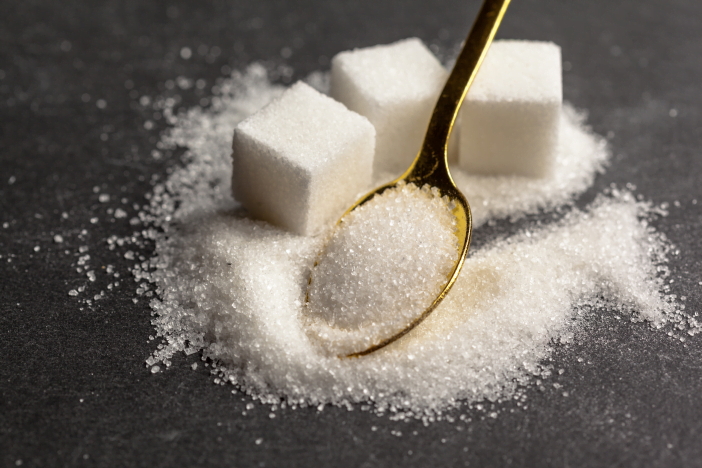
Break the sugar cycle for better dental health
If you suspect you have a sugar addiction and want to protect your dental health, here are some tips:
Limit your sugar intake: Gradually reduce your sugar intake and focus on cutting out highly processed and sugary foods and drinks.
Maintain good oral hygiene: Brush your teeth at least twice a day with fluoride toothpaste, floss daily, and see your dentist regularly for checkups and cleanings.
Choose sugar-free alternatives: When you have a sweet tooth, choose sugar-free gum, candies and drinks.
Stay hydrated: Drinking plenty of water can help flush sugars and acids out of your mouth and reduce their harmful effects.
Seek support: If you are finding it difficult to control your sugar consumption, consider seeking support from a health professional or nutritionist who can help you create healthier eating habits.
In conclusion, while sugar addiction may not be a recognized medical diagnosis, its impact on dental health is real. Being mindful of your sugar intake and taking steps to break the sugar cycle can go a long way in protecting your teeth and gums. Remember that your dentist is your ally in maintaining good oral health, so don’t hesitate to seek their advice on managing the effects of sugar on your smile.
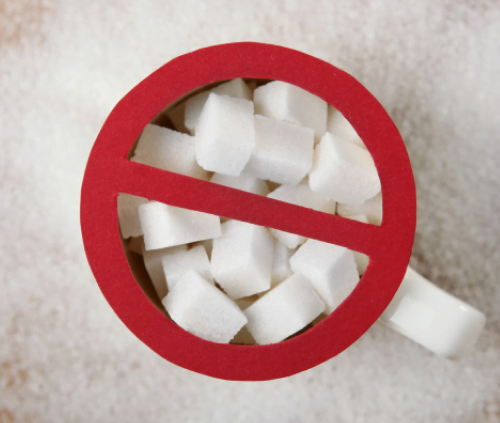

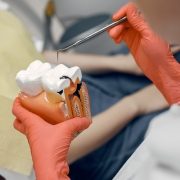
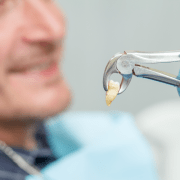

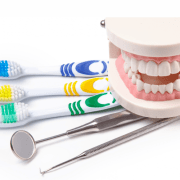

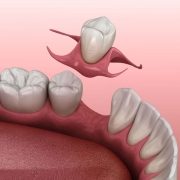


Leave a Reply
Want to join the discussion?Feel free to contribute!